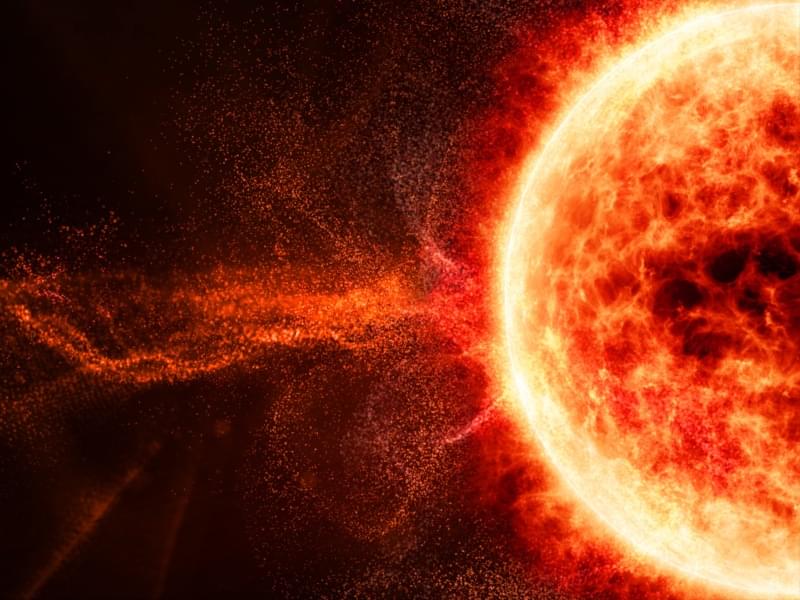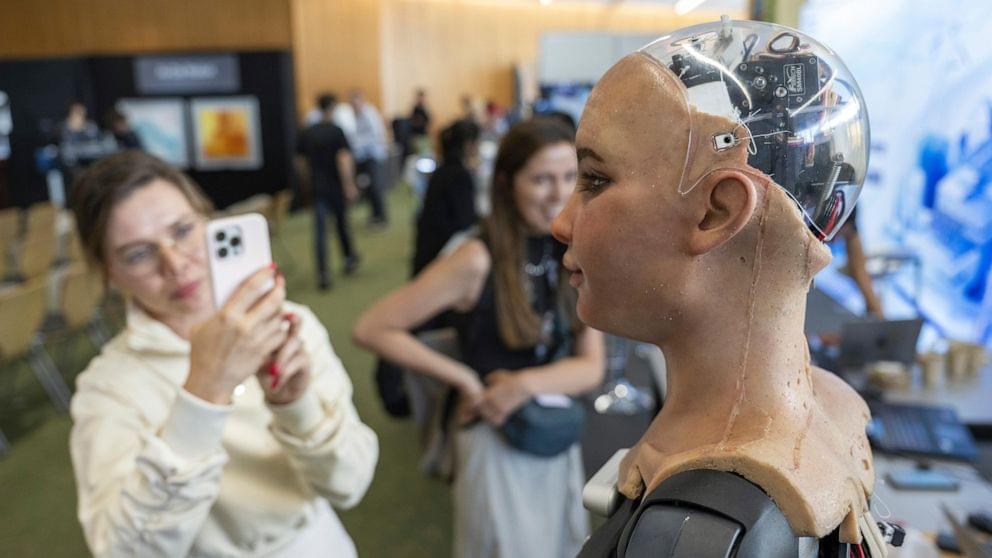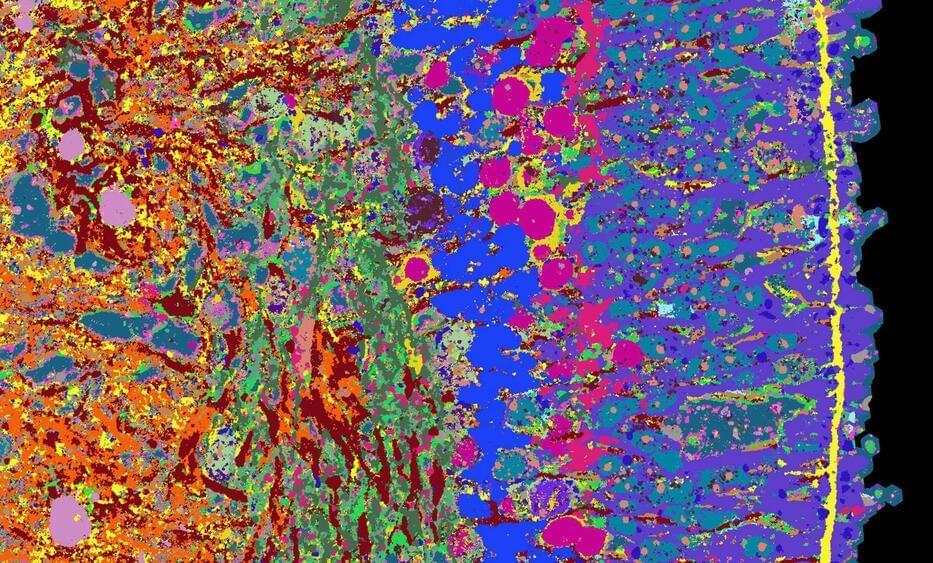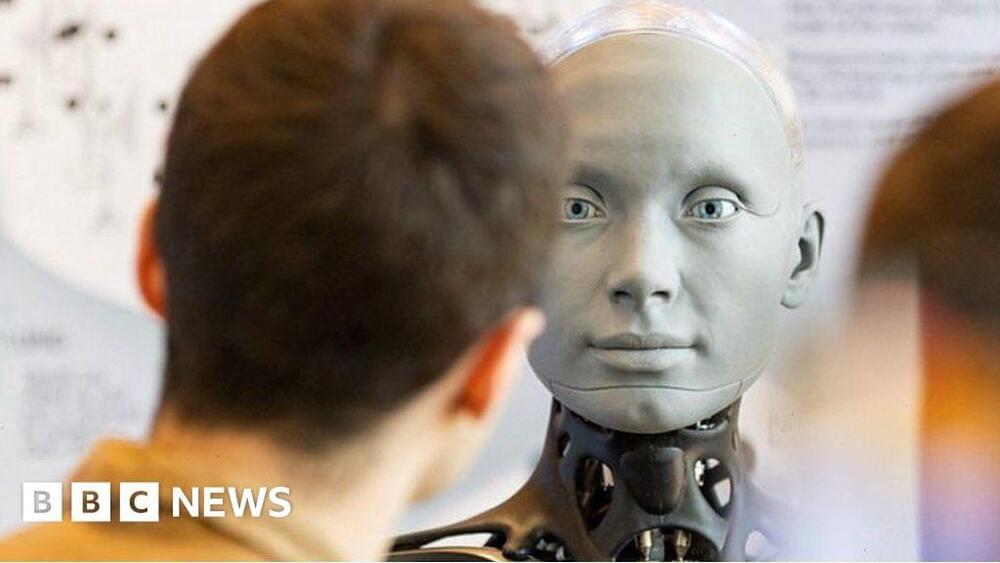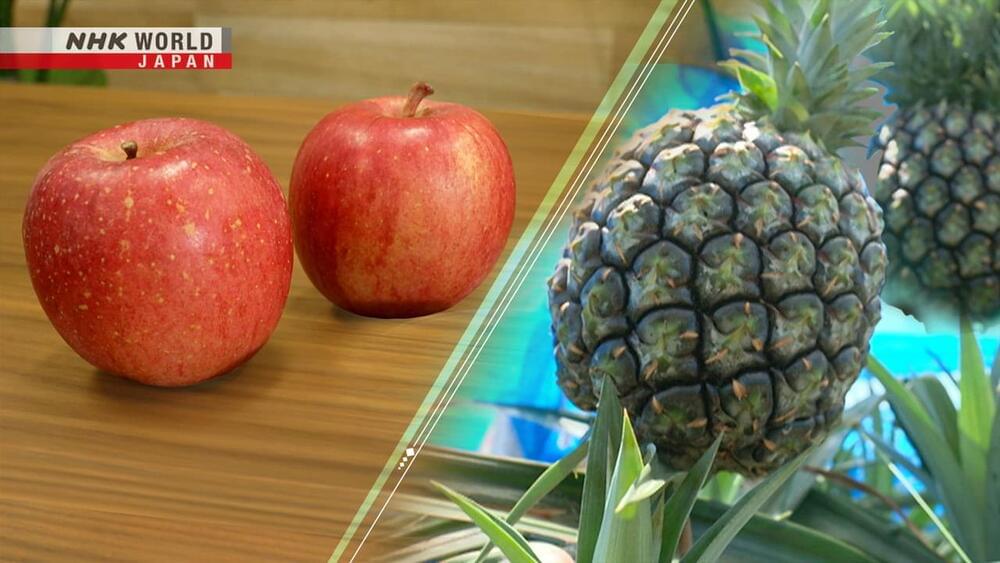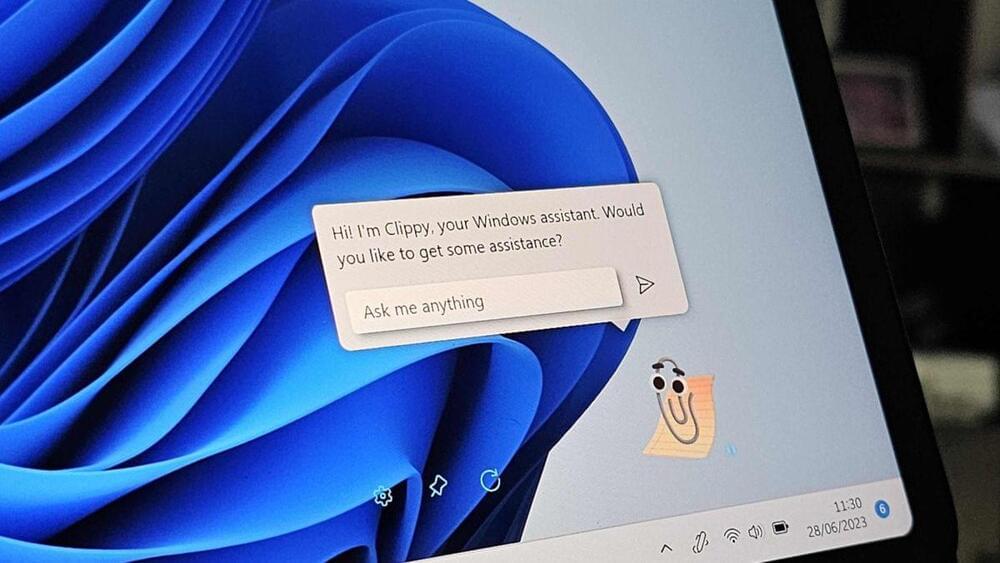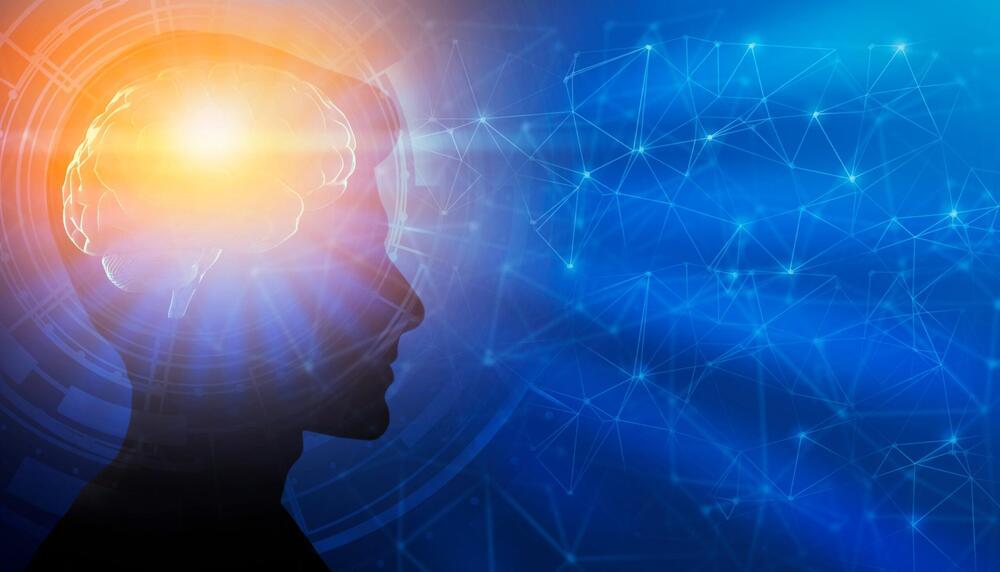The ARCAFF project aims to use deep learning AI to make better predictions of space weather events and calculate how probable these predictions are, to help protect vital technology and infrastructure.
A new project led by the Dublin Institute for Advanced Studies (DIAS) is using AI as a way of getting faster and more accurate warnings about space weather events like solar flares.
These solar flares have the potential to disrupt vital technologies and infrastructure, including radio communications, electrical power grids and navigation systems. They can also present risks to spacecraft and astronauts.
